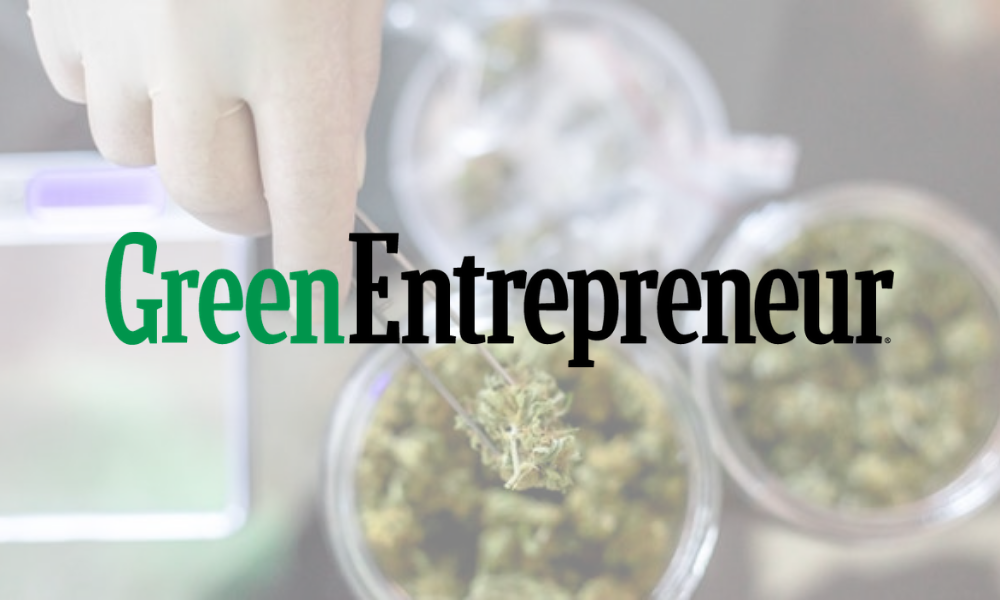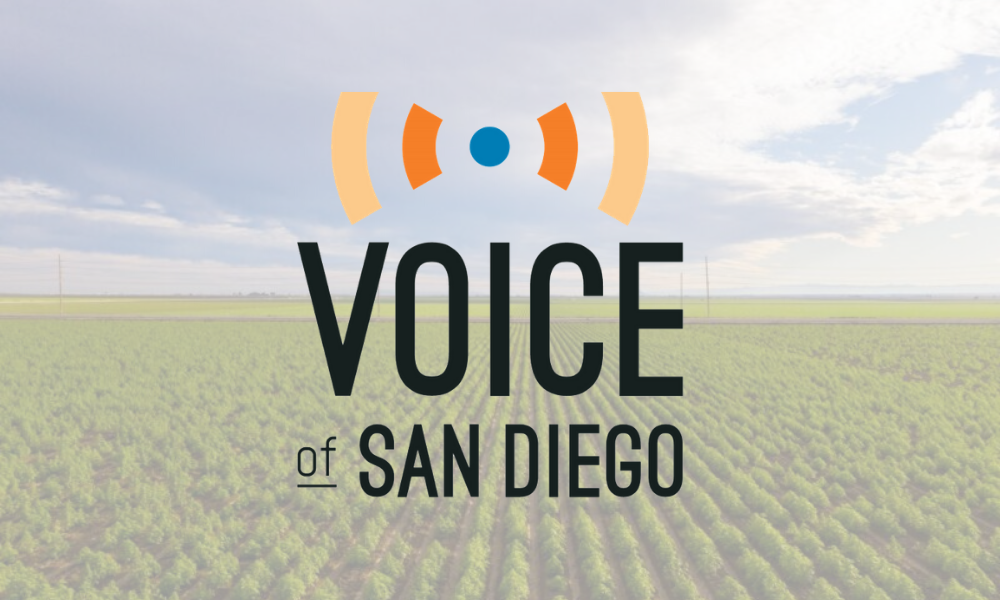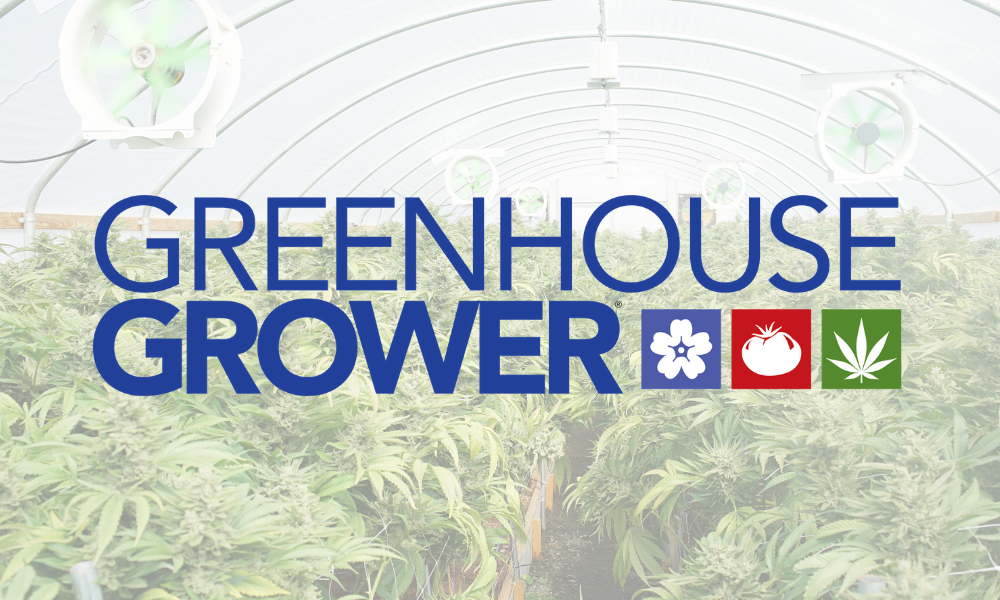
Cannabis Testing Regulations Are Outdated. Here’s How To Fix Them.
Start by understanding what works and what doesn’t work.
By Josh Swider | September 4, 2020
Opinions expressed by Entrepreneur contributors are their own.
The cannabis industry has a testing problem — and it may not be going away anytime soon. Why? Inexperienced technicians, unscrupulous labs, outdated testing regulations, and inferior testing equipment all factor into the inconsistencies and false results that plague the business.
But there is some hope. By taking action now to fix issues in cannabis testing, we can ensure consistent testing results, guarantee the integrity of products on dispensary shelves, and, ultimately, protect cannabis consumers’ health. This includes creating reasonable and effective action levels for contaminants like pesticides in cannabis products.
How we got into this mess
When medical marijuana burst into California in the late ’90s, the government did not hold businesses to the same testing and manufacturing standards as more established industries like foods and supplements. As entrepreneurs flocked to the rapidly growing cannabis market, their businesses ran the spectrum from professional manufacturing facilities to home kitchens and garage operations. This lack of quality control created a minefield of safety concerns for cannabis consumers.
After more than a decade of no regulatory oversight, California’s legal cannabis industry suddenly found itself subject to restrictions put in place to protect consumers. Among these additions was mandated cannabis lab testing that examined both cannabinoid content and residual contaminants like pesticides and solvents.
Soon testing labs began popping up in markets throughout California to meet the significant demand created by legalization. Some of these were existing labs staffed by exceptional technicians who were unfortunately hindered by never working with cannabis before. But others were simply savvy players who saw a cash cow and took advantage of the opportunity, even if it meant cutting corners to increase profits.
State regulators oversee the cannabis market, including testing labs. Still, a report released by the California Department of Finance revealed that, among other difficulties, “the current status and location of personnel is not sustainable to provide effective and comprehensive oversight of cannabis activities throughout California.” This is directly due to funding issues and difficulties in hiring and training staff.






